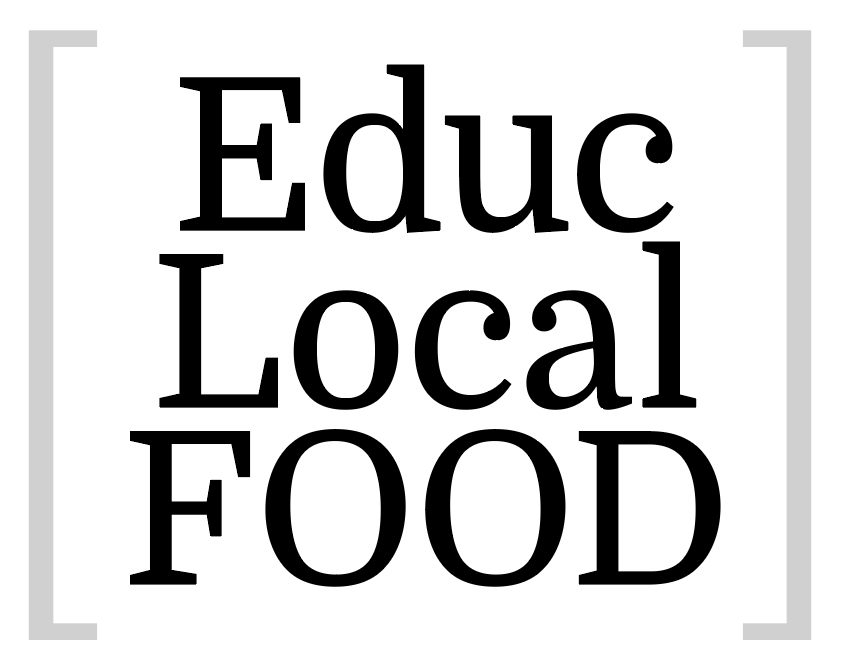Project
Context
European Union (UE) fosters sustainable growth by implementing environmental and social objectives through the Europe 2020 strategy and the common agricultural policy. Local and sustainable food systems (LSFS) appear as a pillar in this policy because it is at the crossroads of many issues: sustainable agriculture, climate change mitigation, poverty reduction and food safety.
Indeed, sustainable agriculture and local sales may reduce environmental footprints of food production and its transport. LSFS may also have consequences on poverty and social
bonds by bringing producers and consumers closer, encouraging rural development and bringing value to the work of farmers.
Teaching and professional training play a key role in the awarenessand empowerment of future producers, consumers and agricultural stakeholders regarding those issues.
LSFS require new skills and competences that teachers and trainers must develop.
The pedagogical methods have to be based on a systemic and multidisciplinary approach using, among others techniques, observation, demonstration and case studies.
Project issues
• To improve existing agricultural training systems and the quality of the training itself,
• To increase and enable the implementation of innovative practices,
• To enable the various partners to work in an international cooperative environment.
Project goal
To professionalize and assist teachers and trainers working in agricultural schools in order to teach local and sustainable food systems.
Results
The partners developed and disseminated common and innovative educational tools to help teachers and trainers throughout Europe to transmit LSFS’s knowledge and skills. A toolkit will be produced and will be available for free on the project website.
3 reports
• A diagnosis and a comparative analysis of LSFS
• A diagnosis in every partner country and a comparative analysis of innovative pedagogical practices
• A diagnosis of the needs for pedagogical tools for LFSF teaching.
Teaching toolkit, based on the results of the preliminary reports.

